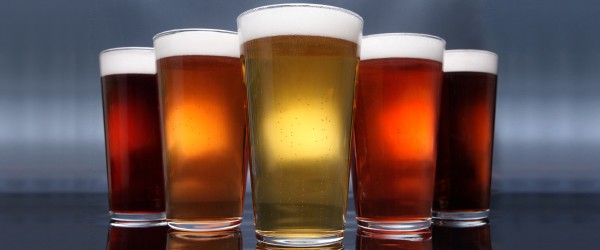If you are suffering from sleep apnea, more than likely you have seen a doctor about your increased snoring and inability to breathe during the night. After been diagnosed with sleep apnea, and possibly been fitted with a CPAP machine, you will perhaps be expecting a quiet and restful night’s sleep ahead, right?
You may be interested to learn that many everyday activities are worsening your sleep apnea, exasperating your condition and increasing your chances of needing further medical intervention. We have put together the common, everyday behaviours you do that are playing havoc with your sleep apnea, and how avoiding these will help you with a night of restful sleep.
Weight gain
One of the primary causes of sleep apnea is obesity, people who carry excess weight are more prone to sleep issues, in particular, sleep apnea, due to the heavy amount of tissue surrounding the airways. While it may not be the cause of your sleep apnea or your loved ones, gaining weight post-diagnosis will more than likely make the condition worse. Exercise and a healthy diet should be a priority, whilst seeking the guidance of a dietitian who specialises in weight loss in individuals with sleep apnea.
Smoking
If you have ever thought about quitting smoking, and you suffer sleep apnea, you have just given yourself the perfect reason to. The smoke from the cigarettes act as an irritant to the area around the throat; over time, smoking can cause the uvula, the soft palate, the tongue and your upper airways to swell, which inhibits your ability to breathe. Combine with sleep apnea, smoking guarantees you an unhealthy sleep.
Alcohol
There is little surprise that alcohol consumption is on this list, but many sufferers of sleep apnea neglect to address the impact drinking has on their rest. What alcohol does is it acts as a muscle relaxant, so during your sleep your relaxed airways are susceptible to blockages and obstructions. Cutting down your alcohol consumption is key, especially by avoiding it close to bedtime.
Sleeping on your back
For those with or without a CPAP machine, sleeping on your back is one of the worse sleeping positions for sleep apnea. While we recommend you sleep in a lateral position on your side whilst wearing the mask, this sleeping position is best for anyone with sleep apnea. Lying on your back relaxes the muscles, especially your tongue, and this position worsens the complaint.
 The everyday activities making your sleep apnea worse
The everyday activities making your sleep apnea worse

